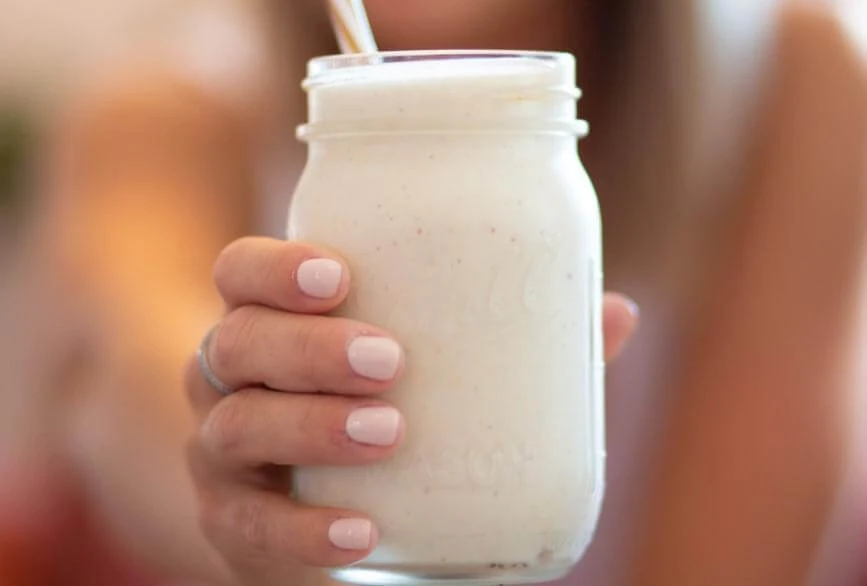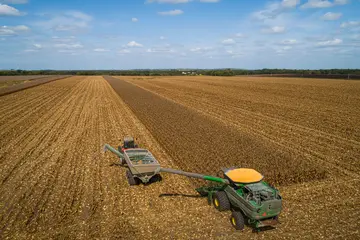Why oat drinks are the next big thing
Find out how this non-dairy drink can help dairies reach new consumers
Consumers still love milk. But increasingly, many are embracing a vegetarian or flexitarian lifestyle. This means they’re integrating plant-based foods into at least a portion of their overall diet, leading them to reduce their consumption of animal-derived goods. And, unfortunately for milk producers, this category includes dairy products.

Dairies put cow milk front and center
When it comes to innovation, dairy companies have, quite logically, focused their efforts on milk-derived products to stay ahead of competition. They’ve streamlined their processes to improve profitability when market pressure demanded it. They’ve also worked to improve the sustainability and health image of their products.
But that may not be enough. Recent surveys show that up to 26% of millennials are either vegetarian or vegan. And, estimates indicate that the total vegetarian and vegan population worldwide has reached nearly a half billion – a number that is growing annually.
Combine that with the majority of the global population that’s estimated to be lactose intolerant, and you’ve got a large, growing percentage of people looking for healthy, non-dairy milk alternatives in their grocery aisle.
What’s a dairy to do?
Looking beyond traditional milk
One option is for dairies to start thinking about “milk” beyond the dairy boundaries. And while there are several promising plant-based alternatives, trends show that oat drinks have the most potential.
In fact, oat drinks are the fastest growing non-dairy drink, growing by 30% year over year. It also has the best nutritional profile among dairy alternatives, and conveniently shares some sensory traits with dairy milk as well.
Those may be a couple of the reasons why there were more than 400 oat drinks launches in Europe in 2018. And, some predict that Europe’s oat drink market will quadruple in size by 2025.
Additionally, 66% of consumers worldwide and 73% of millennials say they are willing to pay more for sustainable goods. That’s a good thing for oat drink producers, since oat drinks produce 1/3 less CO2 emissions and 13 times less water per liter than dairy milk. And, since oat is often sourced locally, dairies are in a good position to charge a premium for this trendy drink.
Jump-starting your oat drink production
Of course, producing a new oat drink is not innately in the wheelhouse of most dairies. That’s why Novozymes partners with dairies to offer Oat 360, the most comprehensive toolbox for the production of oat-based products. Combined with our extensive technical expertise in this field, we can guide you through the production of oat drinks, from the raw material to the finished product.


